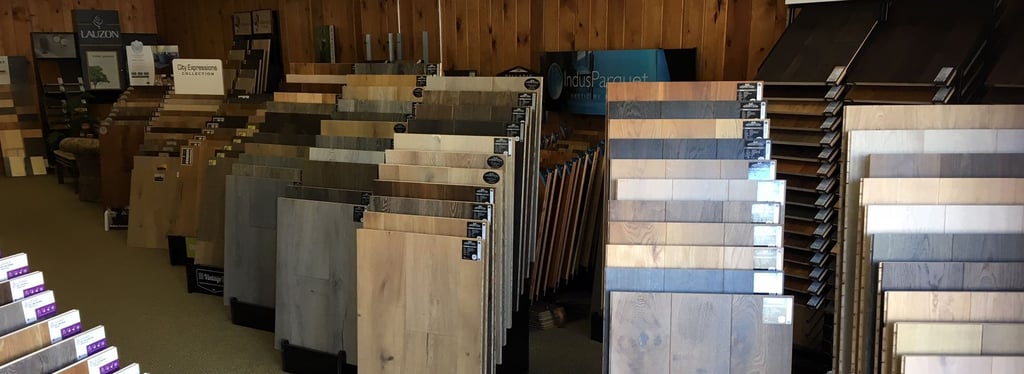DIY vs. Professional Floor Installation: Is DIY Flooring Right?
Thinking about installing new floors but unsure whether to tackle it yourself or hire a pro? This blog breaks down the real differences between DIY flooring installation and professional floor installation. From cost savings and time investment to skill requirements and long-term durability, we explore the pros and cons of both approaches. Learn which flooring types are beginner-friendly, when it’s worth calling in a professional, and how to decide what’s best for your project. Whether you’re considering laminate, vinyl, hardwood, or tile, this guide will help you make a confident choice for your home.
Kase Reis
9/13/20255 min read
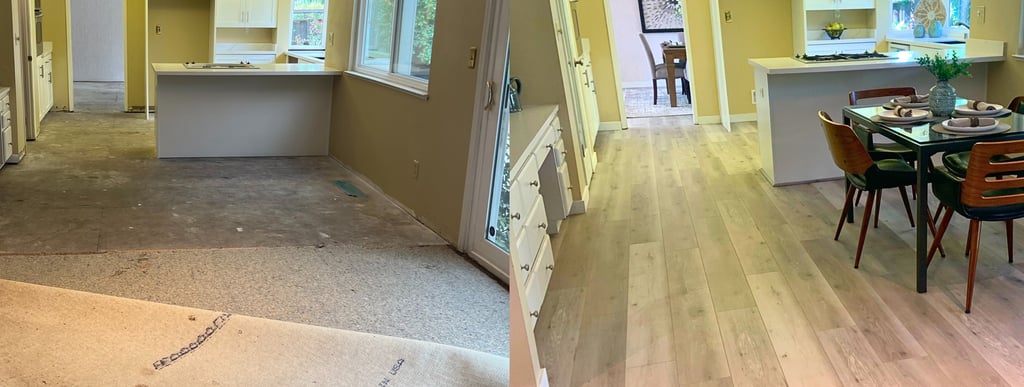

Choosing between DIY and professional floor installation for your new flooring can be a daunting task. This article explores the pros and cons of each option, helping you determine if DIY flooring is the right path for your flooring project, or if you should hire a professional. We will delve into the intricacies of both DIY installation and professional flooring installation, considering factors like cost, time, and skill level required for various flooring options.
Understanding Floor Installation Options
Overview of DIY Flooring
DIY flooring, or do-it-yourself flooring, involves the homeowner installing new flooring themselves, rather than hiring a professional installer. This approach can save money on labor costs, but it requires time, effort, and a certain level of skill. DIY flooring installation is often considered for simpler flooring materials like laminate flooring or vinyl flooring, particularly plank styles that are designed for easy installation. Successfully installing flooring as a DIY project hinges on careful preparation and following instructions accurately. However, it is crucial to be realistic about your abilities and the complexity of the flooring job before starting a DIY flooring project.
What is Professional Floor Installation?
Professional floor installation involves hiring a flooring contractor or professional installers to handle the entire installation process. These flooring installers have the experience, tools, and expertise to properly install all types of flooring, including hardwood floor, tile, laminate, and luxury vinyl (LVP). Hiring a professional flooring company ensures that the flooring is installed correctly, minimizing the risk of errors that could lead to costly repairs down the line. Professional installers can also address any unexpected issues with the subfloor or other complications that might arise during the installation process.
Comparing DIY Installation vs. Professional Installation
When comparing DIY installation vs. professional installation, several factors must be considered. DIY installation offers cost savings but demands significant time and effort from the homeowner. Potential cons of DIY flooring installation include improper installation, which can lead to flooring issues and a reduced lifespan.
Weighing the pros and cons of DIY is crucial for making an informed decision about installing new flooring.
Pros and Cons of DIY Flooring Installation
Cost Savings of DIY Flooring Projects
One of the most attractive benefits of a DIY flooring project is the potential for significant cost savings. By foregoing professional floor installation, the homeowner can allocate funds towards higher-quality flooring materials or other home improvement projects. However, it's crucial to factor in the cost of tools and materials you might need, as well as the potential cost of mistakes. If you make errors installing new flooring that requires rework, the anticipated cost savings from the DIY installation might diminish or even disappear.
Pros of DIY Flooring Installation
Beyond cost savings, DIY flooring offers a sense of accomplishment and control over the flooring job. By opting for DIY flooring installation, the homeowner can work at their own pace and schedule, fitting the project into their personal timeline. Installing new flooring yourself allows for complete customization and the ability to make decisions on the spot. Furthermore, DIY flooring provides an opportunity to learn new skills and gain a deeper understanding of home improvement. Completing a DIY flooring project can be incredibly rewarding, increasing your confidence in handling future home renovation tasks. Choosing easier flooring materials like plank vinyl flooring or laminate flooring can make this process even more manageable.
Cons of DIY Flooring Installation
Despite the advantages, DIY flooring installation also comes with several potential drawbacks. One of the biggest cons of DIY flooring installation is the risk of errors, particularly for those with limited experience. Improper installation might lead to issues like uneven surfaces, gaps, or squeaks, which can detract from the aesthetic appeal and longevity of the floor. Working with certain flooring types, such as hardwood floor or tile, requires specialized tools and skills that a novice might lack. Additionally, the time commitment for a DIY flooring project can be significant, especially for larger areas or complex layouts. Hiring a professional flooring contractor ensures the job is done correctly and efficiently, minimizing the risk of costly mistakes and saving valuable time.
When to Hire a Professional Flooring Contractor
Evaluating the Complexity of Your Flooring Project
The decision to hire a professional flooring contractor often hinges on the complexity of your flooring project. Simple projects, like installing laminate flooring in a small room, might be suitable for DIY installation.
However, more intricate projects involving hardwood floor, tile, or custom designs typically require the expertise of professional installers. Assessing the subfloor condition, dealing with unusual room shapes, and ensuring proper leveling are critical tasks best left to professional floor installation services.
Understanding the type of flooring and the installation process will guide your decision.
Benefits of Professional Installation
The benefits of professional installation extend beyond just getting the job done. Hiring a professional flooring contractor ensures that the new flooring is installed correctly, minimizing the risk of costly errors and future repairs.
Professional installers bring years of experience and specialized tools to the table, ensuring a flawless finish and maximizing the lifespan of your flooring.
Additionally, they can handle unexpected issues with the subfloor or other complications that may arise during the installation process. This expertise guarantees a higher quality result compared to DIY attempts, especially with materials like hardwood or tile.
Assessing Installation Costs
While DIY flooring installation may seem cheaper, consider the true costs. Here's a breakdown of potential differences:
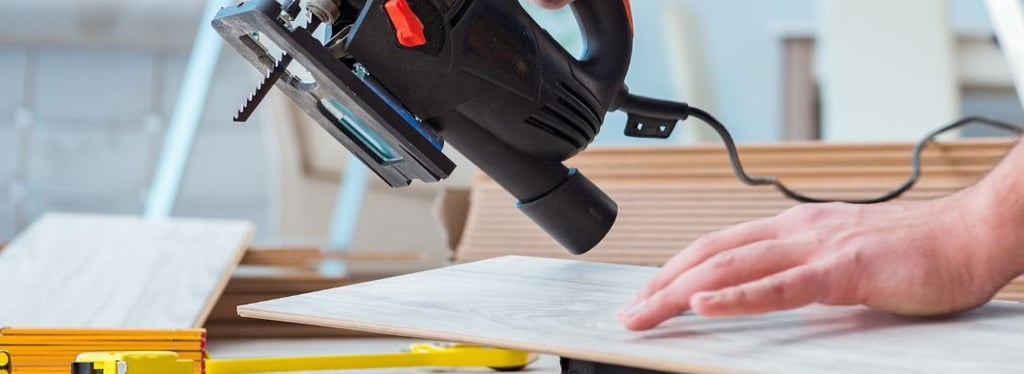

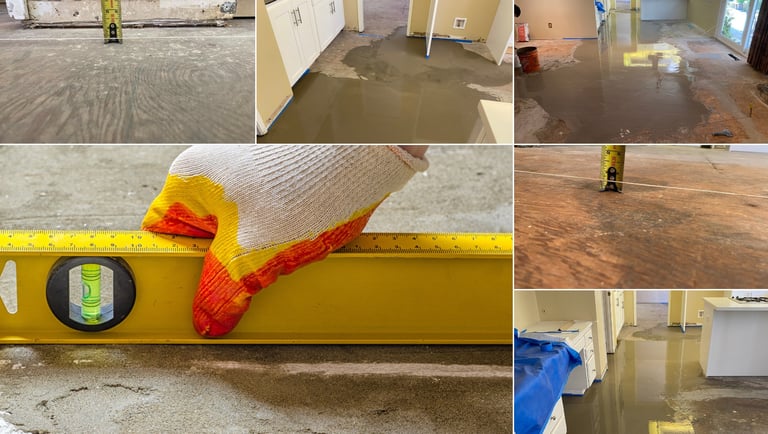

Choosing the Right Flooring for Your Next Project

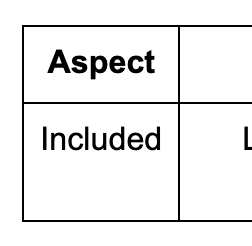
Types of Flooring: Laminate vs. Plank Options
Selecting the appropriate type of flooring is a crucial step in any flooring project.
Laminate flooring offers a cost-effective and durable option, mimicking the look of hardwood or tile at a fraction of the price. Plank flooring, including vinyl flooring and hardwood floor options, provides a wide range of styles and installation methods.
Understanding the pros and cons of DIY for each material is vital. Laminate often suits DIY installation, while hardwood and tile usually require professional flooring installation. The choice depends on your budget, desired aesthetic, and skill level.
Factors to Consider for Your Flooring Installation
Several factors should influence your decision when installing new flooring.
Consider the room's function, traffic levels, and moisture exposure. Bathrooms and kitchens require water-resistant options like vinyl flooring or tile, while living rooms can accommodate hardwood floor or laminate flooring.
The subfloor’s condition also plays a crucial role. Uneven or damaged subfloors might need repair before installation, potentially adding to the complexity and cost. Assess your comfort level with DIY installation versus the benefits of hiring a professional flooring contractor.
Is DIY Flooring Worth the Hassle?
Deciding if DIY flooring is worth the hassle involves weighing the potential benefits against the risks.
While the cost savings of DIY flooring installation can be attractive, improper installation might lead to costly repairs down the line.
If you're comfortable with home improvement projects and have experience with similar tasks, DIY may be a viable option.
However, if you're unsure about your skills or the complexity of the flooring job, hiring a professional is often the better choice.
Professional installers ensure a high-quality installation and minimize the risk of errors, providing peace of mind and a long-lasting floor.
